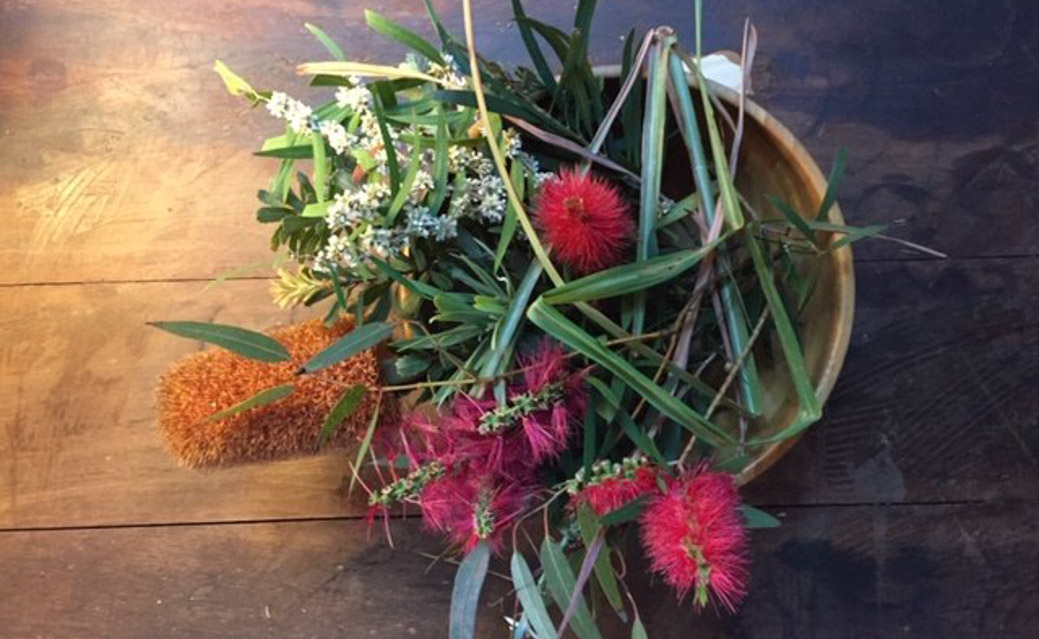Indigenous perspectives on health practices
Indigenous practices offer a different way of approaching health.
Indigenous medicine does not have one standard–just as there is not one Indigenous community.
The Medium spoke to Kaitlin Rizarri, who currently holds a research assistant position at the Indigenous Creation Studio, a drop-in space and hub. Rizarri is of Filipina, Miꞌkmaw, and mixed European descent.
UTM is based on the land of the Huron-Wendat, the Seneca, and the Mississaugas of the Credit. When speaking with Rizarri, she noted that questions she answered was informed by Anishinaabe, Haudenosaunee, Mi’kmaq and Filipino teachings she has received from community and teachers.
She says that Indigenous medicine does not refer to one homogeneous Indigenous medicine. Just as there are hundreds of diverse Indigenous communities within Turtle Island (known as North America) there is an abundance of medicine practices relating to health, each unique to communities and Nations. Rizarri shared that many could be similar in ways of practices, but this does not mean that all Indigenous communities understand health the same way.
Indigenous medicines are rooted in cultural-specific paradigms of seeing the world around us. Additionally, Rizarri explains that Indigenous medicines have been refined for thousands of years before Western medicine came along, and thus in this capacity have a robust scope to what they can offer.
One of the biggest differences is that Indigenous medicines recognize a holistic view to both physical and mental health, including spiritual, cultural, and communal aspects. Further, these elements are interdependent on one another.
An example Rizarri shared of Indigenous medicine is the impact of community and connection. Medicine can range from traditional foods, receiving good stories and laughter, and plant medicines for specific uses—all of which are rooted in good relationship to one another, and to non-human life around us.
Western medicine paradigms can learn from Indigenous medicines by recognizing that wellbeing and physical health are dependent on a good relationship to the land. This includes honouring Indigenous Sovereignty and listening to Indigenous Peoples who have intimate understandings of their traditional territories.
Rizarri is excited to see Indigenous-led gardens in Toronto, including the one coming to fruition at UTM. If you are interested in learning more about the Indigenous Creation Studio, visit the Indigenous Centre’s website.

